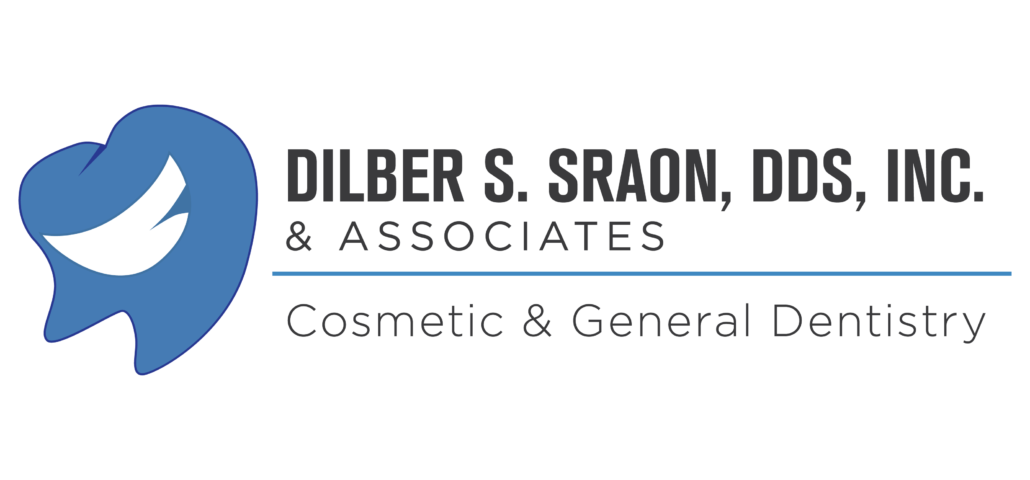A Routine Appointment Could Save Your Life
April is Oral Cancer Awareness Month, and we want to make sure that all of our patients are taking the necessary steps to prevent and protect against oral cancer by raising awareness of oral cancer screenings and the importance of early detection.
One person per hour, every hour of the day, dies from oral (mouth) and oropharyngeal (upper throat) cancers, and about 40% of individuals diagnosed with oral cancer have a less-than-5-year life expectancy. Even for those who survive oral cancer, the chances of suffering from facial disfigurement, difficulty eating and speaking, and other long-term effects are high.
The death rate and severity of these cancers are particularly high because they often go undiscovered until they are far along in their development. However, late discovery can be prevented if oral and oropharyngeal cancers are detected and treated early thanks to routine exams designed for just that.
Regular oral cancer exams are the best way to detect oral cancer in its early stages, and our office is proud to offer oral cancer screenings at every hygiene appointment using the VELscope.
The VELscope is a wireless, handheld tool that allows us to see oral mucosal abnormalities (including oral cancer and premalignant dysplasia) much better than the naked eye. The tool is trusted by over 15,000 dental practitioners worldwide for its accuracy and efficacy, and Dr. Sraon is glad to be one of them.
Between appointments, there are signs and symptoms that you can be on the lookout for. If you notice any of the symptoms below, and they last for over 2-3 weeks, you should call our office right away:
- A sore or ulcer that does not go away in 14 days
- Red, white, or black discoloration on the soft tissues in the mouth
- Any abnormality in the mouth that bleeds easily when touched
- A lump or hard spot in the tongue (usually on the border)
- A bump that protrudes from the tongue or the side of the neck
- A sore underneath a denture that does not heal after adjustment
- A hoarse or sore throat that persists for over 2-3 weeks
- A single swollen tonsil that is often painless
- A painless, firm lump on the outside of the neck, lasting at least 2 weeks
- A stubborn cough that does not resolve in 2-3 weeks
- Difficulty swallowing
- An earache on one side that lasts for more than a few days
Individuals over the age of 50 who use tobacco and/or drink alcohol heavily are at especially high risk of developing oral and oropharyngeal cancers. Recently, however, oropharyngeal cancer is occurring more frequently in non-smokers, and instead can be attributed to HPV16, the virus most commonly associated with cervical cancer.
About 99% of people who develop an HPV oral infection will recover from the virus on their own, but for the remaining 1%, the immune system will not beat the virus. If the virus does not succumb to the body’s immune system, it can lay undetected for decades before potentially causing cancer.
Have you had an oral cancer screening recently? If you can’t remember, give us a call and we will get one scheduled for you.
